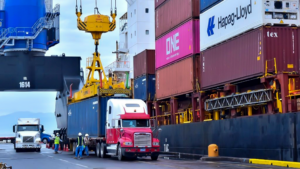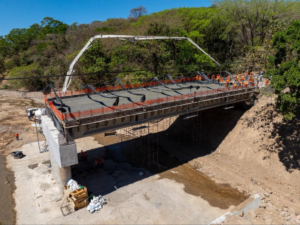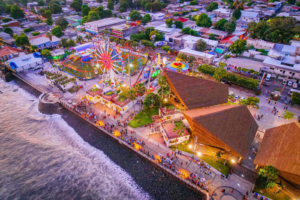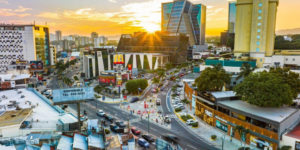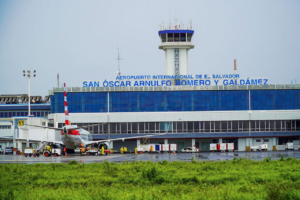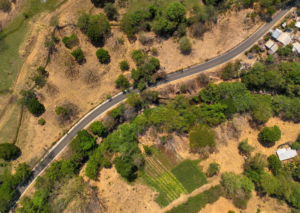El Salvador has marked a milestone in its coffee sector by exporting for the first time a lot of more than 1,000 quintals of coffee to Morocco. This operation, which represents close to half a million dollars in revenues, is a reflection of the growing international recognition of the quality of salvadoran coffee, whose unique flavor and organoleptic properties make it a coveted product in new markets.

The purchase price per quintal reached US$350, a figure well above the average, which highlights the commitment to specialty coffees and demonstrates the interest of international buyers in exclusive products. This shipment was possible thanks to a strategic alliance between the Government, coffee producers and foreign buyers that have established a solid and long-term commercial relationship.

Mauricio Sansivirini, president of the Instituto Salvadoreño del Café (ISC), described this export as the beginning of a promising commercial relationship with Morocco, a client that has already expressed interest in acquiring between 20 and 30 more containers for the 2025-2026 harvests. He also noted that the agreement was signed with a fixed price, which guarantees financial stability and facilitates the fulfillment of credit obligations with entities such as Bandesal and the Banco de Fomento Agropecuario.
The economic impact of this operation adds to the sustained growth experienced by the salvadoran coffee sector. In the first two months of 2025 alone, coffee exports increased by 58%, generating US$22.9 million from the sale of more than 92,600 quintals, according to data from the Banco Central de Reserva (BCR). This is evidence of a reactivation of the national coffee industry, driven by the diversification of markets and better sales prices.

From the San Carlos Dos Cooperative, Nery Sánchez said that ISC’s technical and institutional support has been crucial to achieve this level of competitiveness. The possibility of accessing markets that pay better prices opens new opportunities for small and medium-sized producers, who now have more support to sustain their production in the long term.
This export to Morocco symbolizes much more than a simple commercial exchange: it represents an economic rebirth for the national coffee industry, a strategic geographic expansion for El Salvador and a firm commitment to quality as the axis of sustainable growth. The country is thus positioning itself as a relevant player in the competitive global coffee market.
You may also be interested in


